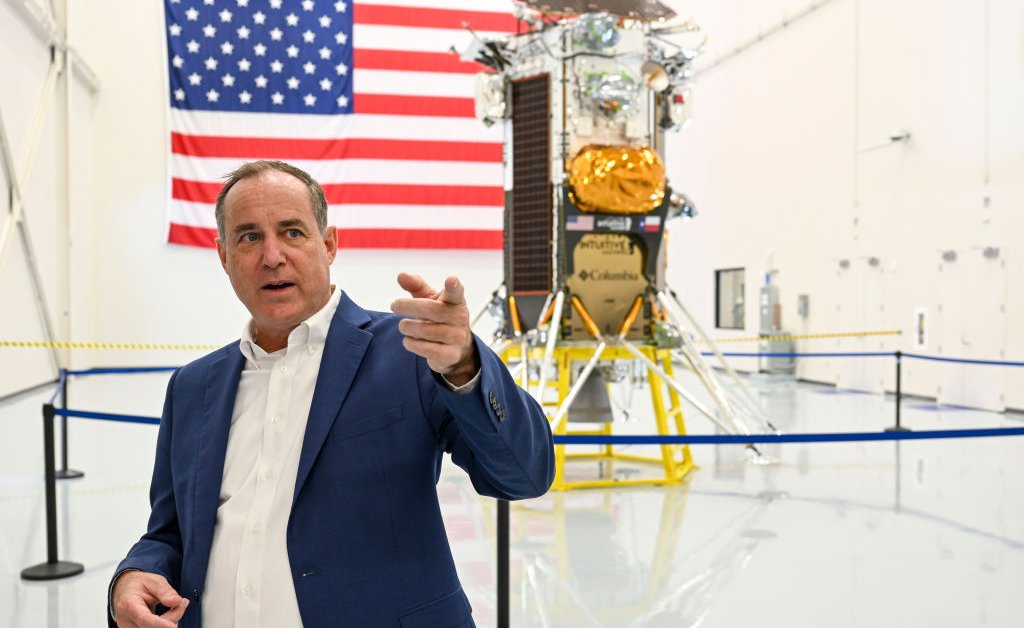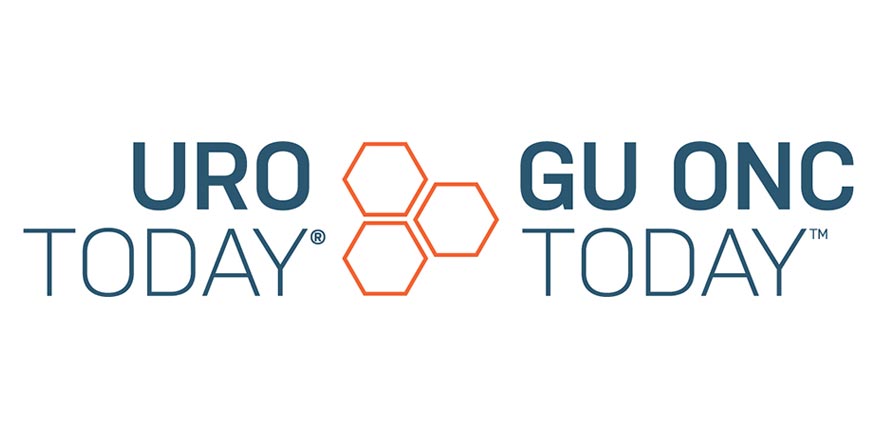From Tragedy to Triumph: Steve Altemus on Building a Lunar Economy

Steve Altemus's journey to fame is far from conventional. Thrust into the spotlight following the tragic disintegration of the space shuttle Columbia in 2003, he led the meticulous forensic examination of the wreckage, helping to ensure the safety of the remaining shuttles. Now, two decades later, Altemus is at the forefront of a new era of lunar exploration, leading Intuitive Machines, a company forging a path to a thriving lunar economy.
After leaving NASA in 2015, Altemus co-founded Intuitive Machines, a nimble aerospace company headquartered in Houston, Texas. With a staff of fewer than 400, the company, recently named one of TIME's 100 Most Influential Companies of 2024, is making history with ambitious plans to establish a sustainable presence on the moon.
In February 2023, Intuitive Machines achieved a groundbreaking feat by becoming the first private company to land a spacecraft on the moon. Their spacecraft, Odysseus, touched down near the lunar south pole, a region brimming with water ice, a crucial resource for future lunar missions. Odysseus successfully completed its mission, lasting for almost a month, before its power systems shut down.
Intuitive Machines has a robust pipeline of missions in development, working collaboratively with both NASA and private sector partners to build communication satellites, enable resource extraction, provide lunar surface transportation, and deploy scientific instruments.
In an interview with TIME, Altemus shared his vision for the future of Intuitive Machines and the wider human exploration of space.
"We launched on 15 February, spent about a week in transit, landed on the 22nd and executed our full mission as planned," said Altemus. "What's amazing is that we did this on our first attempt and were successful. It's unprecedented. We didn't do that in Apollo. The Russians didn't do that. Nobody's done that. What's even more impactful, and what I think will be the company's legacy, is not just landing on the moon, but creating that economy around the moon."
Intuitive Machines has become a key partner for NASA, securing a significant $2.6 billion contract in 2018. This collaboration fuels ambitious missions to the moon, including the development of a next-generation lunar rover. This rover, capable of traversing vast distances and operating autonomously, will be crucial for scientific research and resource exploration.
"Our rover is about 1.5 metric tons, about the size of an F-150 pickup truck," explained Altemus. "It will provide extreme mobility for astronauts. It's also self-driving, so when astronauts aren't there, we can use it commercially to do scientific and discovery work. We can search for water ice or for rare minerals or metals. Put those pieces together, and we can not only fly to the moon, but communicate, navigate, and actually move around the surface. We're the only company in the world doing these things in this way."
Despite being a relatively small company, Intuitive Machines is competing with established aerospace giants like Boeing and innovative startups like SpaceX. Altemus credits their success to a different approach. "Our goal is to be a tier-one aerospace company, but do things differently. Most of the tier one aerospace companies came up during World War II and went through consolidation in the 1970s and '80s. They made their money on wartime inventions. Intuitive Machines is relatively small, but is still bidding on missions and being successful. Taking an intractably difficult mission like landing on the moon and doing it at a fixed price for about $100 million is just unheard of in the era of cost-plus award fee contracting."
The company's future trajectory is bright, with a growing global reach. Intuitive Machines went public in 2023, raising significant capital to fuel their ambitions. "Our call sign is lunarâLUNRâon the NASDAQ. We have about 120 million shares." Altemus is resolute in his commitment to pushing boundaries. "If we're going to maintain global competitiveness, we have to find a way to break the back of the paradigm that it takes a decade or two to build a space system. The moon is here to stay and it is worth going all in to do this on behalf of the United States, for the United States."
Steve Altemus's journey from tragedy to triumph exemplifies the spirit of innovation driving the next chapter of space exploration. As Intuitive Machines continues to break new ground in the lunar landscape, it is paving the way for a future where humanity thrives not only on Earth, but beyond.





